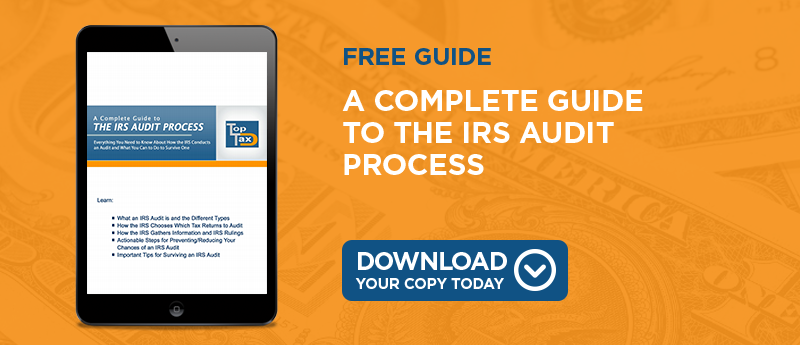
Just as you take care when you file your personal income taxes, you should take the same precaution when filing taxes for your small business. In fact, the IRS pays small business returns the same amount of attention to make sure business owners receive the proper credits and refunds to which they are entitled.
However, some details are more likely to gilabve this agency pause and cause your returns to be more closely scrutinized. Before you submit your returns for your company, you should understand what these red flags are and how they can lead to your small business being audited.
1) Repeatedly Reporting Losses
Every business experiences a loss at some point. However, when you report losses year after year, you invite the attention of the IRS to your returns. In fact, reporting losses for more than two years out of the last five could cause the IRS to re-label your business as a hobby rather than a valid entrepreneurial enterprise.
If you legitimately experience chronic losses, you should provide plenty of documentation to back up your claim and also provide some sort of proof that you are running a valid company. It would work in your interest to show that you have an active marketing plan in place and are using other business tools like advertising to prove that your business is more than a hobby for you.
2) Making Late Payments and Filing Late Returns
The IRS expects you to file your returns and make tax payments on time. If you are chronically late in doing either, you are raising the risk of your small business being audited.
In fact, late returns and payments could be interpreted as a sign that your business is suffering, involved in fraud or a cover for some other questionable enterprise. When your goal is to run a legitimate business, you can avoid the ire of the IRS by filing your returns on time and by making tax payments without delay.
3) Paying High Salaries to Employees or Shareholders
If your company has employees who are also shareholders, you are more likely to be audited if you report paying these individuals higher than normal salaries. The IRS will want an explanation for why these people are paid more in comparison to other people on your payroll. If they legitimately have earned their salaries, you would do well to provide thorough documentation to show that you are not engaging in fraud or questionable business ethics.
4) Claiming Personal Expenses as Business Expenses
Some business owners think to recoup personal expenses by listing them as related to business on their returns. When you report high cell phone bills, meal expenses, travel costs, and other deductions, you elevate the risk that you will be audited.
The IRS will want to know that those expenses legitimately belong to your small business and are not yours alone to bear. You must prove that you incurred these costs during the course of running your own business and provide receipts to back up your claims.
5) Shifting Income to Avoid Taxes
Paying taxes on your small business can be expensive. Even so, this cost does not give you leeway to shift your business income to non-taxable entities like charities to avoid paying this obligation.
In fact, if it appears that you are shifting your income for the purpose of evading taxes, you will most likely be audited. Rather than go through an audit, you should avoid moving your income to non-taxable organizations and instead pay the government what you rightfully owe.
6) Running a Cash-Based Business
Many types of businesses are based primarily on cash transactions. Hair stylists, waiters, car washes and others often take in more cash than they do credit card receipts.
However, these kinds of businesses are also more likely to be audited simply because cash transactions raise the risk of fraud. The IRS may argue that you could hide some of your income or be unable to prove that the money you reported is actually the amount you took in last year. You can dispel some of this doubt by keeping immaculate records and by giving your customers receipts for each and every transaction that comes into your business.
7) Claiming Vehicle Usage as Entirely Business Related
As with personal expenses as business related, you also give the IRS pause when you list a company vehicle as being used entirely for business. Even if it is truly used for business use only, you may have a difficult time proving this.
The easier solution may be to avoid making this claim on your small business return. If you insist on claiming a vehicle as one used solely for your company, you should provide gas receipts and other documentation to back up this information.
Small business owners like you are often put through the same examination as private taxpayers when you submit your company's returns. You can avoid an audit and get your returns to be submitted successfully by knowing the common red flags that may otherwise convince the IRS to audit your small business.




